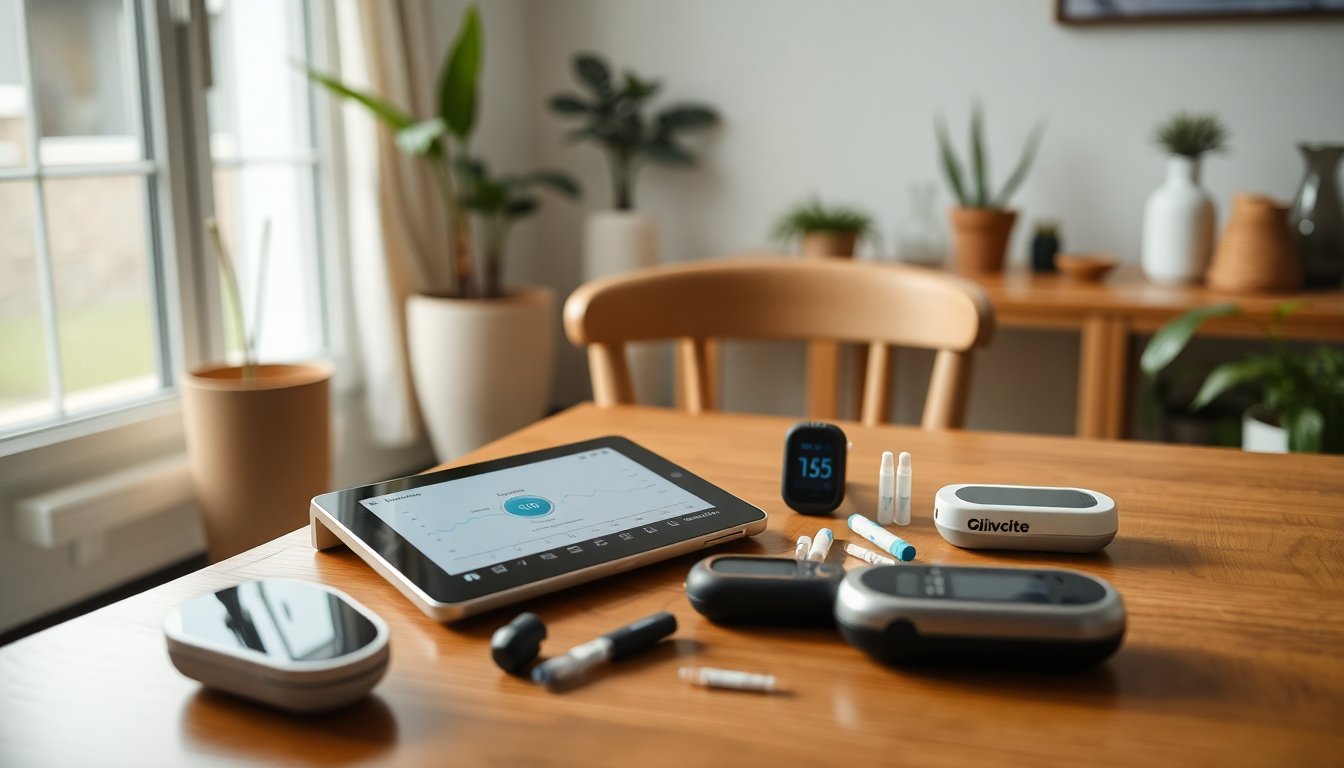Table of Contents
Harnessing digital health to improve diabetes management
Diabetes is a chronic condition affecting millions worldwide, placing a significant burden on patients and healthcare systems. The rising prevalence of diabetes necessitates innovative solutions to enhance management and improve patient outcomes.
Proposed technological solution
Digital health technologies, such as mobile health apps, continuous glucose monitors (CGMs), and telemedicine platforms, offer promising avenues for improving diabetes management. These tools empower patients to take control of their health by providing real-time data and support.
Scientific evidence supporting digital health in diabetes
Clinical studies show that mobile health interventions can significantly improve glycemic control. A meta-analysis published in Nature Medicine found that patients using mobile health applications demonstrated a greater reduction in HbA1c levels compared to those receiving standard care. Additionally, real-world data from CGM users highlight improved management of blood glucose levels, reducing the risk of complications.
Implications for patients and healthcare systems
From the patient’s perspective, digital health tools not only facilitate better monitoring and adherence but also enhance communication with healthcare providers. This shift towards evidence-based care models can lead to cost savings for the healthcare system as complications decrease and overall health improves.
Future perspectives and expected developments
The future of diabetes management lies in integrating advanced technologies such as artificial intelligence and machine learning. These innovations promise to offer personalized treatment recommendations based on individual patient data. As the exploration of digital health continues, ethical considerations, particularly regarding data privacy and security, must remain a priority.


